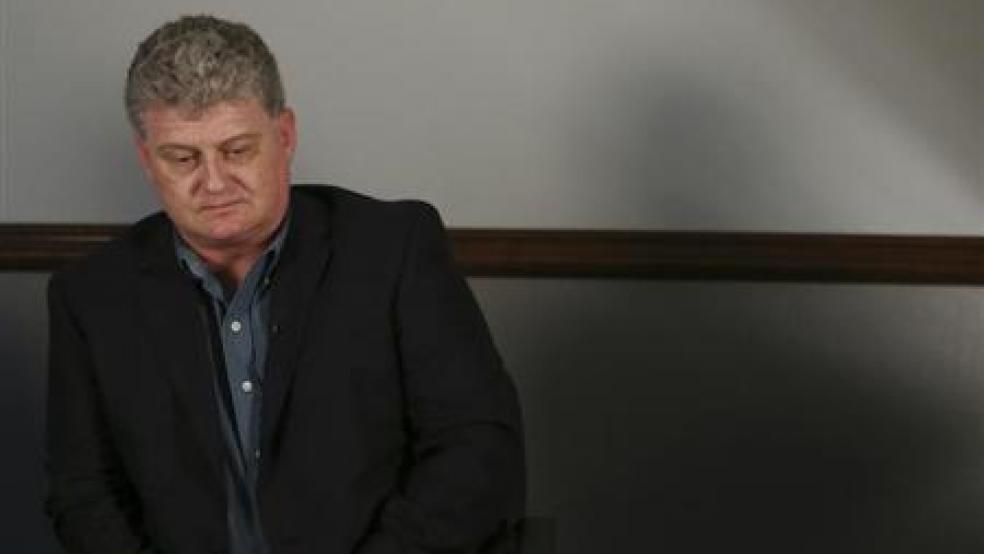MOSCOW (Reuters) - Former U.S. spy agency contractor Edward Snowden's father arrived in Moscow on Thursday to see his son, who was granted asylum in Russia after he leaked details of government surveillance programs and fled the United States.
Speaking at the same Moscow airport where his fugitive son was stranded for weeks this summer, Lon Snowden said he had no direct contact with Edward Snowden but that he felt "extreme gratitude that my son is safe and secure and he's free".
The younger Snowden, 30, is wanted in the United States on espionage charges and Russia's decision to grant him temporary asylum aggravated already tense relations between Moscow and Washington.
Russian authorities and the Russian lawyer who is assisting Snowden, Anatoly Kucherena, have not disclosed his location.
"I am not sure my son will be returning to the U.S. again. That's his decision, he is an adult, he is a person who is responsible for his own agency," Lon Snowden said, standing beside Kucherena at Sheremetyevo airport.
"I am his father, I love my son and I certainly hope I will have an opportunity to see my son," Snowden said.
Edward Snowden was the source of disclosures about U.S. government surveillance that included details about a program that collected e-mails, chat logs and other types of data from companies such as Google Inc and Facebook Inc.
"I really have no idea what his intentions are," Lon Snowden said, citing his lack of direct contact with him.
But he said he believed Snowden had not been involved in the publication of any information since he arrived in Russia and was "simply trying to remain healthy and safe".
Directly from the airport, he and the lawyer drove to a state television studio to give an exclusive live interview, indicating the visit was under strong government control.
Kucherena, who said he last saw Edward Snowden on Wednesday, expressed hope the former intelligence contractor would soon find a job in Russia - possibly in IT or human rights sector - because he has largely run out of his savings and was living modestly, mainly of donations.
He also said the fugitive American lived under security in Russia and was avoiding publicity because of the U.S. chase after him.
NO HANDOVER
Snowden, who worked as a systems administrator at a U.S. National Security Agency facility in Hawaii, fled to Hong Kong in June and then flew to Moscow. The United States annulled his passport and urged nations in Latin America and elsewhere not to take him in or help him find refuge from U.S. prosecution.
President Vladimir Putin rejected repeated American pleas to hand Snowden over to the United States but has denied Russia had any role in Snowden's disclosures or that its intelligence agencies were working with him in any way.
Putin has used Snowden's case to accuse the United States of preaching to the world about rights and freedoms it does not uphold at home.
After Snowden was granted asylum, on August 1, U.S. President Barack Obama pulled out of a summit with Putin that had been scheduled for early September in Moscow, but then met Putin at a G20 summit in St. Petersburg.
Edward Snowden is in the running for the Sakharov Prize for freedom of thought, a European human rights award whose past winners include Nelson Mandela and Myanmar opposition leader Aung San Suu Kyi. The winner is to be chosen on Thursday.
(Additional reporting by Alessandra Prentice and Gabriela Baczynska; Writing by Steve Gutterman; Editing by Angus MacSwan)


